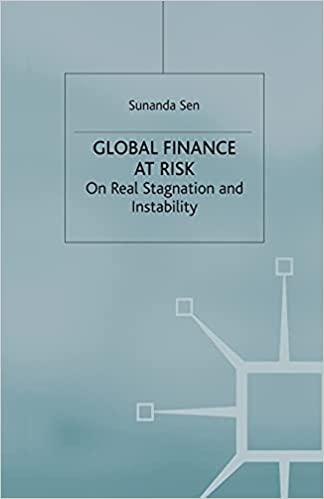Question
What are some valid economic justifications for mergers? According to Stahl (2006), merger or acquisition promises to create value from some synergy. However, statistics show
What are some valid economic justifications for mergers?
According to Stahl (2006), merger or acquisition promises to create value from some synergy. However, statistics show that the benefits that look so good on paper often do not materialize. The failure of an M&A is frequently blamed on a clash of cultures between the merging companies that resulted in significant integration problems and undermined the success of the deal. For example, an internal study conducted by Siebel Systems (which was recently acquired by Oracle) revealed that all of the company's acquisitions had failed because of "cultural conflicts." In other cases, deals had fallen through before they were sealed because the culture of the two companies was vastly different. When the proposed merger between Monsanto and American Home Products was called off in 1998, for example, the failure of the deal was attributed to conflicting management styles and the fact that the two CEOs could not agree on a power-sharing arrangement. A Wall Street Journal article concluded: "Another drug industry mega-merger goes bust: Clash of cultures kills Monsanto-AHP marriage"(p.3).
Step by Step Solution
There are 3 Steps involved in it
Step: 1

Get Instant Access to Expert-Tailored Solutions
See step-by-step solutions with expert insights and AI powered tools for academic success
Step: 2

Step: 3

Ace Your Homework with AI
Get the answers you need in no time with our AI-driven, step-by-step assistance
Get Started


